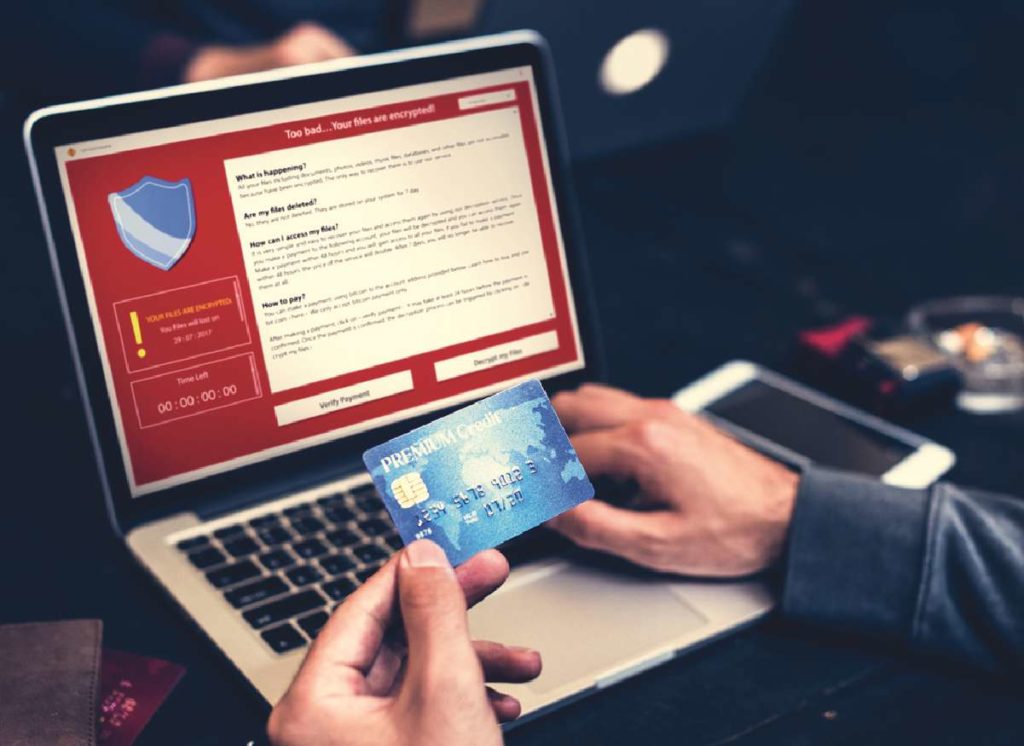In an increasing “online” world, security is becoming more and more important, especially for PGA Professionals. We may handle sensitive information of all kinds, especially that of our customers and members. In light of the recent data breaches over the past few years, this article is going to give you some actionable information on how to stay safe online and protect your information, and the information you may handle.
In 2018, there were a reported 1,244 data breaches which exposed 446.5 million pieces of personally identifiable information. This type of information that was hacked is anything from usernames and passwords to medical records and tax information. Typically, large corporations are the victims of this kind of theft, however there are thousands of unreported smaller breaches each year that go unnoticed or never reported.
Ready to find out if your information has ever been leaked?
Head over to haveibeenpwned.com and type in your email address (it’s safe to enter your email). This website will let you know if you have been part of a major data breach by a large company that had your personal information on file. What you find may be startling.
In the case of a data breach by another company, there’s often not much you can do. But we’re going to focus on what you can do in order to protect hackers from getting into your personal accounts and your computer.
Passwords
Do you use the same password for all of your online logins? Of course you do, we all do. Well, whether you know it or not, this is absolutely the worst thing you can do when it comes to online security. So it’s a good idea to use a unique password for each of your online accounts. The web will tell you that a strong password contains at least 10 characters and includes numbers, symbols, and capital and lowercase letters. In my personal experience and talking with industry experts, the main concern with password security should be length. The longer a password gets, the harder it is for a hacker to crack your password. So go for length if nothing else.
Of course, remembering all of your passwords may be challenging. This is when a password manager will come in handy. I personally use LastPass, however there is also 1Password, Dashlane and Keeper, which are used to remember your passwords for you. Then you just need to remember your “master password” in order to access your account. They even suggest strong and unique passwords for you based on your preferences.
Multi-Factor Authentication
This is something that websites will ask you to participate in, and it’s very secure. The way this typically works is you enter your
username and password on a website, then you’ll get a text message with a unique, time-sensitive code to enter on the website. This double verification tells the website that it’s definitely you logging in. I highly recommend adding this to any sensitive accounts that contain your personal information.
Security and Software Updates
Sometimes it can be a pain, but make sure you take the time to update your computers with the latest software and antivirus versions. Running an old, out of date computer is what hackers want you to do – because they are much more exposed to virus vulnerabilities. This includes keeping your security software, web browsers and operating systems updated with the latest versions.
Backup Your Files
Finally, backup your computer. This isn’t so much a “proactive” security measure as it is reactive. However, the peace of mind knowing that your data is safe should something ever happen to your computer is priceless. If you keep all of your student’s lesson data on one computer, then that computer crashes – what do you do? There are tons of services and software that will automate this process for you. Two popular services are Carbonite and BackBlaze, which do all the work for you on a regular basis. Anytime you are connected to the internet, your files are being backed up securely.
Online security is tough because it’s all “invisible” – there is nothing to see and it’s hard to know if you are fully protected or not. However, if you follow these best practices, you’ll be far ahead of the average online user when it comes to securing your information.
